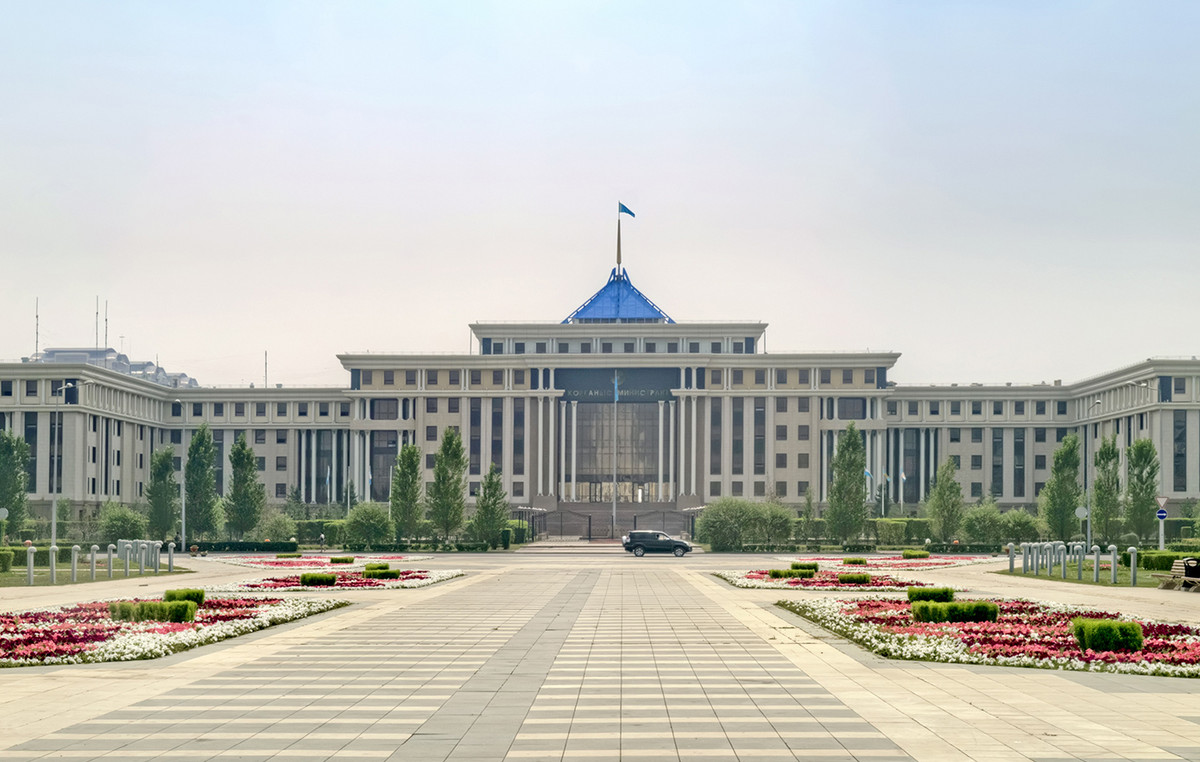Voters across Europe went to the polls this week to decide what the European Parliament’s legislature will be for the next five years. Politicians from each of the 27 member countries tried to secure a place on the board. And the main themes of the campaign were: immigration, climate change and the war in Ukraine.
Relations with Latin America as a whole, and with Brazil specifically, were not among the hottest topics that gained the candidates’ attention. Still, the outcome of the election will impact the way the two regions interact.
European diplomacy
Day-to-day European diplomacy is not part of the European Parliament’s responsibilities. This is a function of the European Commission, which is the bloc’s executive arm. The process of choosing who will be responsible for leading the Commission is, however, precisely whoever guarantees a majority in the European Parliament elections, which ended this Sunday (9).
The citizens of each of the 27 countries elected in this round a certain number of legislators who will then form the transnational ideological groups that divide the parliament. And it is this process of indirect choice that will be decisive for relations between Brazil and the European Union over the next five years.
So far, exit polls indicate that the winners of the election are the parties that, today, form the center-right and center-left groups. Today, the two hold a majority of seats in parliament. And the coalition between them was responsible for the appointment of conservative German Ursula Von Der Leyen as president of the European Commission in 2019.
Still, the results show an accelerated growth of far-right parties. This could force the parties that orbit the center to ally with them to form a nomination to the European Commission, leading to a shift in the bloc’s diplomatic positions. Including the Itamaraty Palace.
Agribusiness and climate change
The European Union’s historic position is to protect local farmers, with subsidies and incentives for producers in the bloc. Still, there are internal pressures to change this practice. And, in a dubious feature, a possible entry of far-right parties into the winning coalition could both harden this practice and open the market to external suppliers, which would benefit Brazil.
“Everything will depend on which right emerges victorious. In Sweden, conservative groups are in favor of withdrawing aid to farmers. Which could benefit Brazilian producers. Now, there is another right wing that says no. That it is necessary to protect European farmers, especially conservative groups in France”, assesses Fernando Brancoli, professor of international relations at UFRJ.
On the other hand, these parties tend to find consensus when it comes to climate change. Both candidates and voters from these parties tend to question the influence of human beings on the increase in the planet’s average temperature, contradicting the main global evidence on the subject.
How this might influence the bloc’s winning coalition, however, is still unknown. Mainly because it is not clear whether the far-right parties will be in the same coalition together.
“What we should expect in the coming months is a more conservative parliament, averse to the progressive agenda and European integration. These parties have in common a skepticism regarding the climate crisis. This reverses something that, until now, has been a point of rapprochement between Brazil and the European Union”, says Carolina Pavese, PhD in International Relations from the London School of Economics.
Immigration
The European Union’s immigration policy is one of the topics that should receive the most attention in the European Parliament’s debates.
Officially, each State has the autonomy to decide its own migration policy. Still, there is internal pressure within the bloc to change policies related to granting asylum and welcoming illegal immigrants, says Pavese.
Still, these are changes that will mainly impact illegal immigrants coming from countries in Africa or the Middle East, and not Brazilians.
Mercosur-EU Agreement
The regulation of the free trade agreement between the European Union and Mercosur requires the approval of all Member States and does not depend solely on the European Parliament. Even so, the result projected for the new formation of the European Parliament indicates that the bloc must keep the treaty on the back burner, without making any progress on the issue.
“This new parliament is a manifestation of the strengthening of the far right locally and nationally. And it is in these spaces where these groups were already resisting the Mercosur-EU agreement and will continue to do so”, says Pavese.
Brancoli, from UFRJ, is more categorical: “Any progress would require a very big change in the European Parliament and in the national politics of the bloc’s countries. Mercosur’s agreement with the EU is already buried.”
(With information from Reuters)
Source: CNN Brasil
Bruce Belcher is a seasoned author with over 5 years of experience in world news. He writes for online news websites and provides in-depth analysis on the world stock market. Bruce is known for his insightful perspectives and commitment to keeping the public informed.







